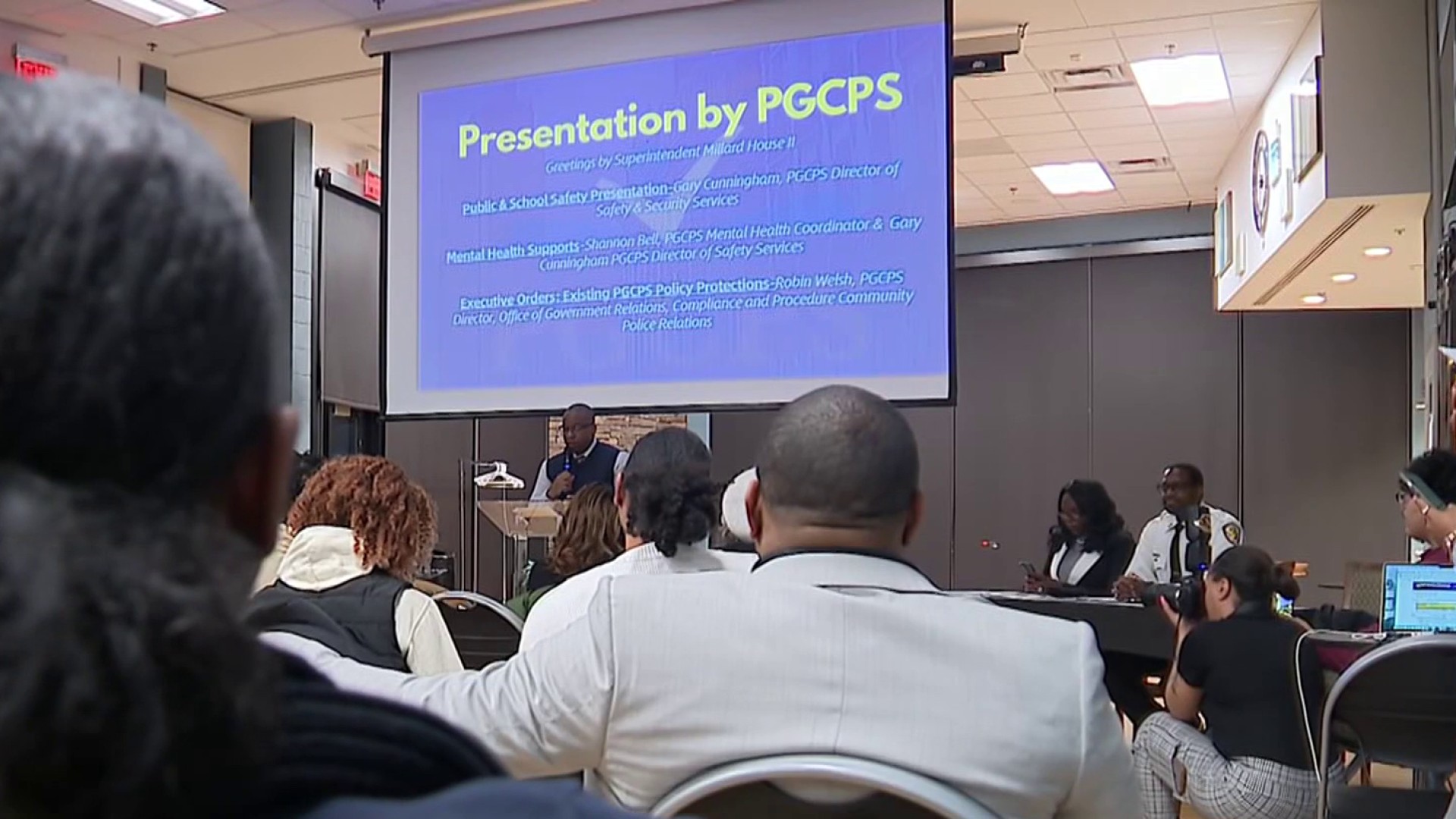It sounded like a crazy idea: birth control for rats. Investigative Reporter Jodie Fleischer explains D.C. leaders aren’t sure yet if the plan is working.
It sounded like a crazy idea: birth control for rats.
Since the News4 I-Team first featured the new effort by DC's Health Department in May, people around the country have been contacting News4 to find out how the product, called ContraPest, is working.
The short answer: District leaders aren't sure yet. They recently extended the duration of the program to allow more time to obtain results.
"It's too early to tell," D.C. Rodent Control Director Gerard Brown said.
The program initially was billed as a six-month pilot and the first time the product is being tested in a real-world, city-wide setting. Brown's team began deploying the sweet liquid solution inside bait boxes in April, in an effort to sterilize the rodents in areas with the most complaints.
Rats in the District
Number of rodent complaints in 2019, by ward in Washington, D.C.
Click the wards for more information
Source: 311 Data, Open Data DC
Credit: Anisa Holmes/NBC Washington
"In an urban environment where you have different dynamics, the data is going to take longer to accumulate," Brown told the I-Team.
Local
Washington, D.C., Maryland and Virginia local news, events and information
But, SenesTech, the Arizona company that makes the product, recently issued a news release touting "positive progress" and a 77% drop in the ratio of juveniles to adults. The statement is based on the appearance of rats photographed by one camera placed in an Adams Morgan alley.
"The camera is programmed to take photographs to determine if the number of juveniles decreased over time. This is a rapid way to determine if fertility control is working," SenesTech Vice President of Scientific Operations Brandy Pyzyna said.
Rats, An Explainer
Source: Crittercontrol.com
Credit: Anisa Holmes/NBCWashington
The District denied the I-Team's request for the photos and the actual numbers of rats the camera observed.
"We, right now, rely on [SenesTech] to provide that. And then we look at everything and we put everything together and we make a decision," Brown said.
So the I-Team turned to the city's 311 call data, one of the ways the health department tracks its rodent rate.
Between May 1 and Oct. 31, the first six months of the pilot program, 4,341 calls reported rodent complaints District-wide. That's up from 3,727 during the same time period in 2018.
In Ward 1, home to that Adams Morgan alley with the camera, the calls are also up — jumping from 728 in 2018 to 925 in 2019.
"I have not looked at the data in those areas where we have the ContraPest," Brown said, adding that he plans to.
The health department hopes to drill down even further to isolate complaints call from the exact blocks where the birth control liquid was deployed — to see if 311 calls went up or down in those specific areas.
SenesTech told the I-Team it had not reviewed or analyzed the 311 data and directed inquiries back to the health department.
"Over time we expect the numbers to go down, if it works the way we believe it's going to work," Brown said.
But he is not waiting around.
This month, his workers began using another product, BurrowRx, which delivers carbon monoxide into rat burrows through a hose accompanied by a trail of smoke to identify escape holes that can be hard to see. The smoke allows workers to quickly cover the escape routes while the gas goes to work.
"It can kill the rats quickly, almost immediately, and no dead bodies exposed to people because their home becomes their grave," Brown said.
The average rat burrow has three holes. Brown's team demonstrated the BurrowRx in two small areas of a Columbia Heights park where his workers counted 16 holes.
In the first administration of the product, only one rat escaped, darting across the sidewalk and into the area where the second batch of the chemical was deployed. No rats escaped the second time.
Brown says BurrowRx works best in a park-like setting. It's only been in use for about three weeks, but he is very optimistic. He told the I-Team he's willing to try any reasonable solution that offers promise in the Districts longstanding battle with the rodents.
"We want to stack our tool box with as many tools that we can get, because rats are genius," said Brown, adding that all the poison and birth control in the world won't work if humans don't change their behavior.
The best way to get rid of the rats is to get rid of the trash you constantly see overflowing from cans and alleys.
Reported by Jodie Fleischer, produced by Rick Yarborough, and shot and edited by Jeff Piper.



